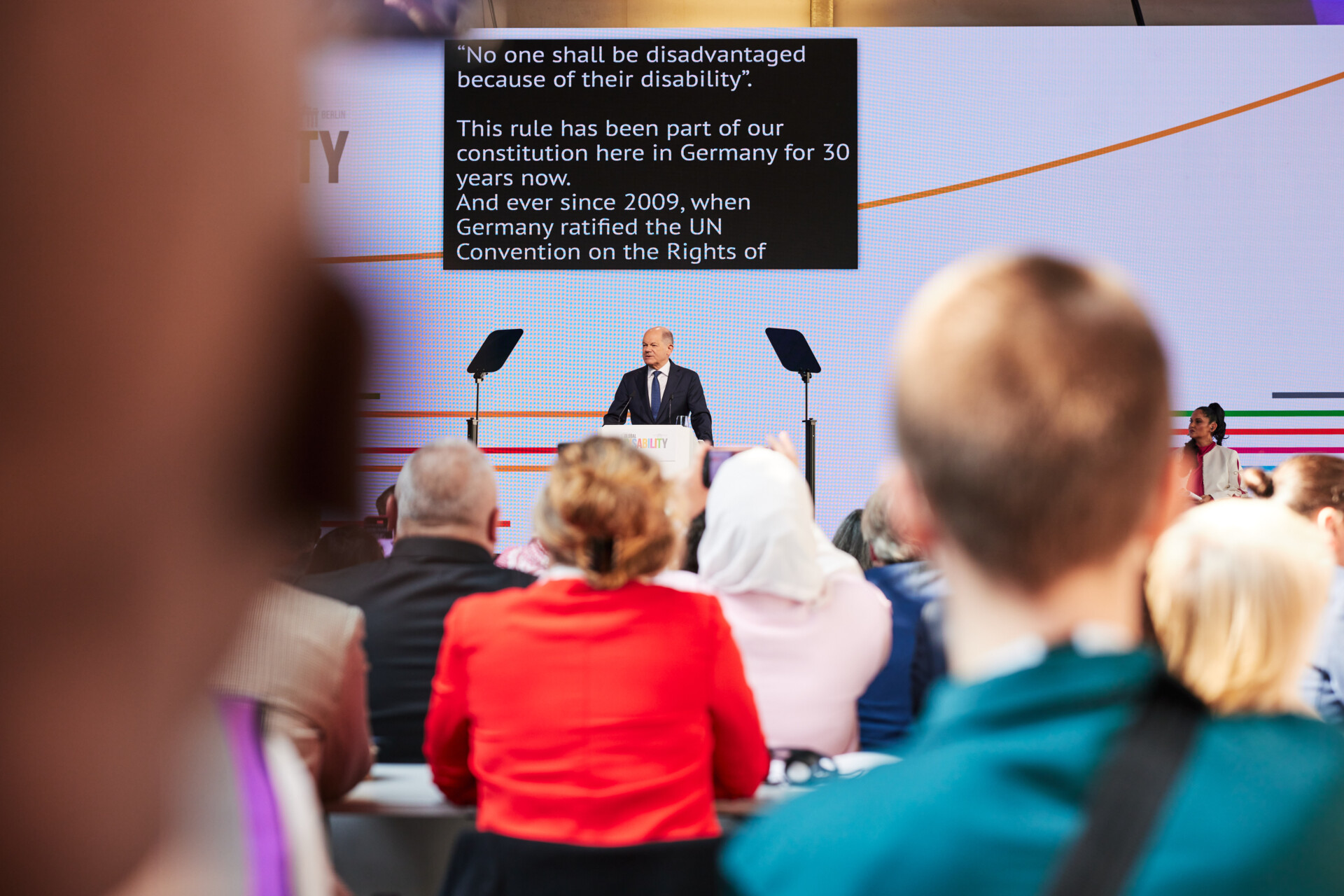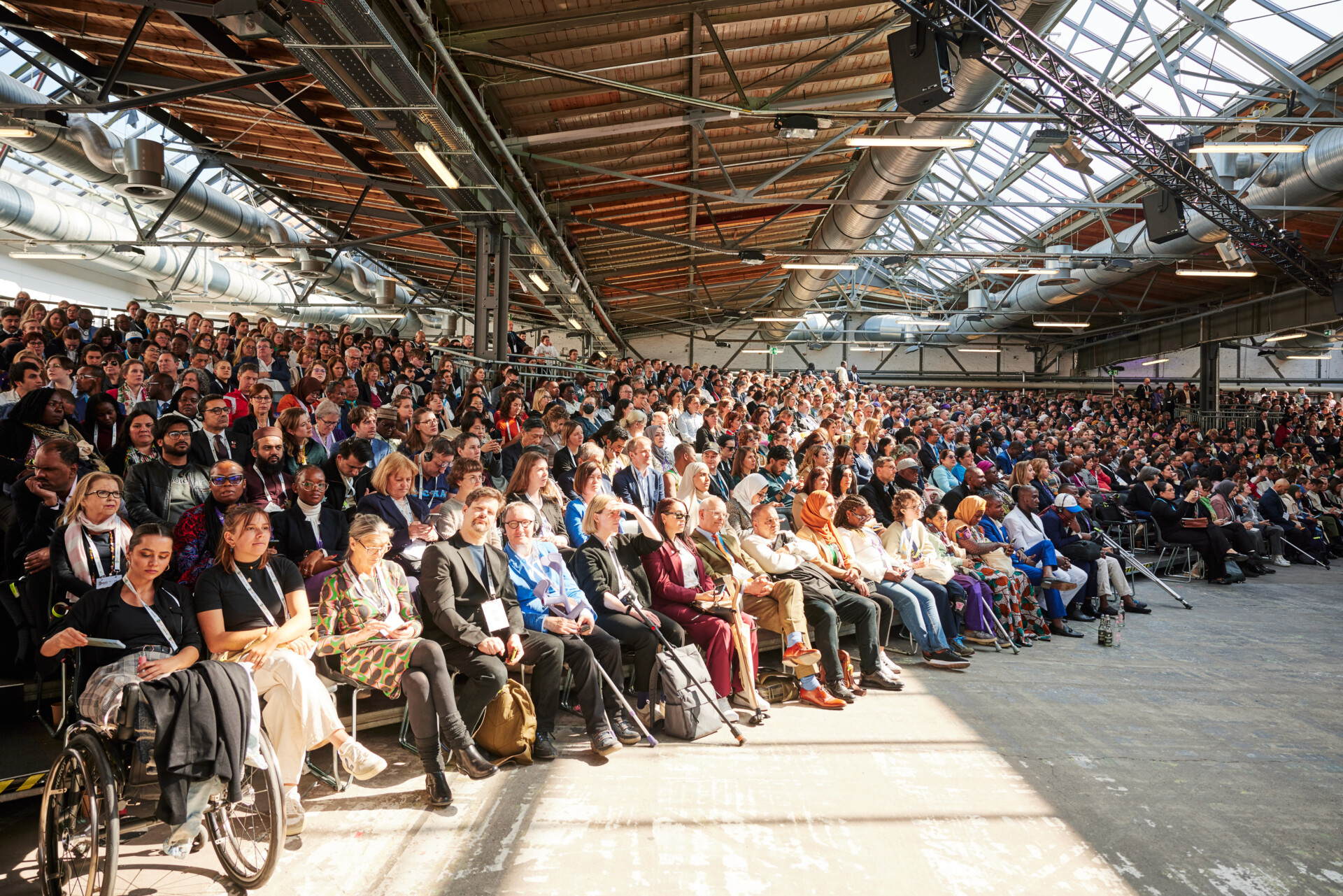
What is the Global Disability Summit?
Do you have a question about the GDS?
Purpose of the GDS
The Summit was established to address the persistent exclusion and marginalisation of persons with disabilities worldwide. It aims to:
- Generate concrete political, programmatic, and financial commitments;
- Strengthen the participation and leadership of persons with disabilities in decision-making processes;
- Advance inclusive policies, services, and systems;
- Promote coordinated and sustained efforts through international cooperation.
The Global Disability Summit is not a one-off event but a continuous process that fosters collaboration, drives accountability, and amplifies the voices of persons with disabilities globally.

History and Timeline
The Global Disability Summit (GDS) is co-hosted by one or two stakeholders and the permanent co-host, the International Disability Alliance (IDA). This collaborative model ensures political, financial, and operational leadership while keeping disability inclusion at the forefront of the summit’s agenda. It guarantees that the voices of persons with disabilities (OPDs) are central to all discussions and decisions, making the summit a truly inclusive platform.
Since its launch in 2018, GDS has driven significant progress. The first summit, co-hosted by the UK, Kenya, and IDA, resulted in 968 commitments from 171 governments and organizations. The 2022 summit, held virtually, brought together over 7,000 participants and generated 14,126 commitments, focusing on meaningful OPD engagement, inclusive education, and livelihoods.
GDS 2025, held on 2-3 April 2025 in Berlin and co-hosted by Germany, Jordan, and IDA, focused on national ownership, regional leadership, and inclusive international cooperation. The summit concluded with over 800 commitments from governments, private sector and development partners.
A significant outcome of GDS 2025 was the adoption of the Amman-Berlin Declaration on Global Disability Inclusion. This declaration sets forth concrete targets for disability-inclusive international development cooperation and humanitarian action, including the “15 percent for the 15 percent” goal—aiming for at least 15% of international development programs to focus on disability inclusion by the next summit in 2028.